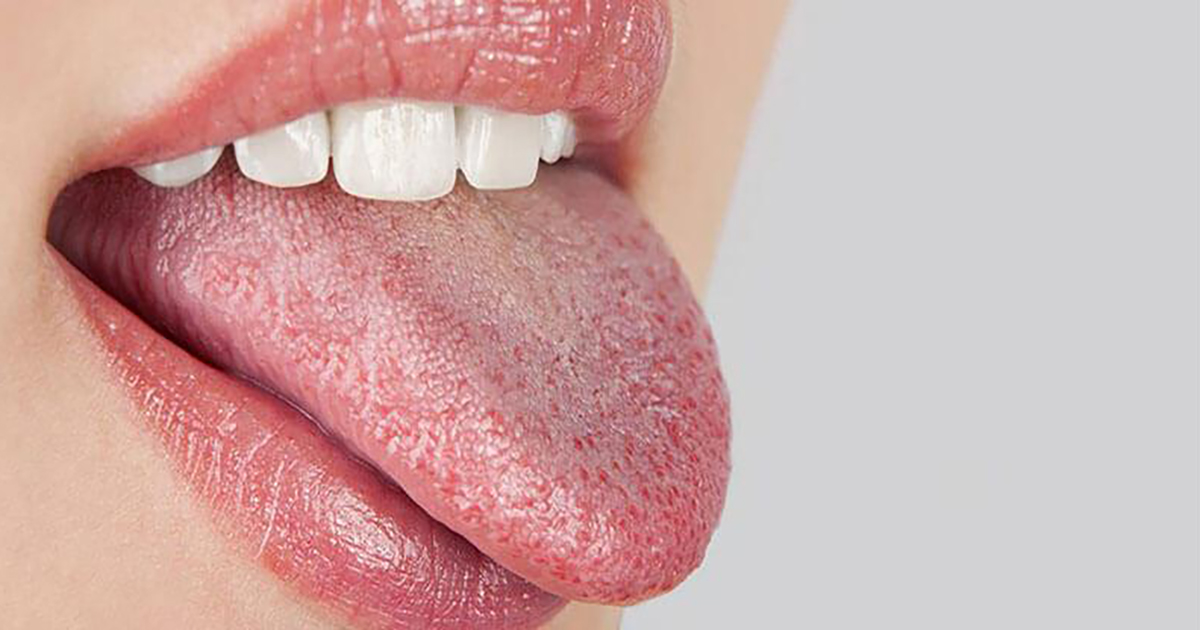Common Risk Factors And Causes Of Cavities
Cavities begin as tiny holes, but grow larger over time, resulting in permanent tooth damage. A cavity may affect the enamel or hard outer coating of the tooth and the inner dentin layer, eventually allowing bacteria to reach the tooth's soft pulp. From there, the tooth can become infected, and the infection may spread, potentially leading to serious and life-threatening complications. Untreated cavities can also result in tooth loss and contribute to gum disease. Numerous factors can affect if teeth will develop cavities or not, but they all come down to bacteria being allowed to grow and attack the teeth. Start reading to find out how this can happen now.
Poor Dental Hygiene

Practicing good oral hygiene is one of the best things individuals can do to prevent cavities. Even wholesome food can feed the bacteria that develop a biofilm on teeth and erode tooth enamel. Poor dental hygiene contributes to cavities by leaving food particles in the mouth longer, which increases the bacteria. It also prevents bacteria from being washed away and acid from being neutralized.
Good dental hygiene includes brushing twice a day, especially before bed. Everyone should take their time while brushing and move the brush in slow, circular motions to dislodge biofilm. Flossing is just as vital as brushing and should be done at least once a day to help remove biofilm at the gumline, and individuals can also add mouthwash to their oral hygiene regimen. Mouthwash works to reduce acid in the mouth, remineralize teeth, and clean hard-to-brush areas.
Dry Mouth

Saliva serves several vital roles in the mouth. Saliva moistens food to make it easy to swallow and contains an enzyme that breaks down some starches to improve digestion. Saliva also helps reduce bacteria in the mouth, and neutralize acids in food and acids produced by bacteria, while also washing bacteria out of the mouth. It can even help remineralize tooth enamel. Dry mouth removes an individual's natural defense against cavities and allows biofilm and bacteria to quickly build up along the gum line, which is why common consequences of dry mouth or xerostomia include bad breath, gum disease, and cavities. Xerostomia can be caused by many issues such as anxiety, diabetes, and certain medications like decongestants, blood pressure medication, and antidepressants. If individuals suffer from xerostomia, reduce the risk of cavities by using sugar-free gum, drinking plenty of water, and discussing potential medication changes with a doctor.
